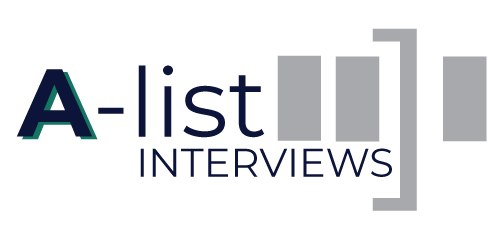by Beth | Dec 1, 2011 | Employee Hiring, Hiring Managers, Interview Process
As hiring managers, we spend more time analyzing resumes than we do actually interviewing candidates. Most applicants don’t write their own resumes or cover letters. Therefore, we spend time “pre-screening” candidates on materials that they didn’t produce. Have you ever looked at a candidate’s application and knew they were the one? Then, you talk to them on the phone and know that they would never work out?
The biggest waste of time is spent trying to judge a person on a piece of paper that they likely didn’t produce. If the applicant followed directions specifically, have no spelling or grammar mistakes, and the tone of the materials is appealing, (which will weed out about 70-80% of applicants) schedule an interview.
by Beth | Nov 15, 2011 | Interview Process
Several people have recommended that I write a blog, and I resisted it for a long time. I worried that I would sound flippant by discussing what I see every day in the interviewing world. What I have discovered is that sharing the stories of humanity that naturally occur during the interview process is actually helping. Interviewing is one of the rare instances where power is completely one-sided. The interviewer completely holds the fate of the candidate in their hands. Have the utmost respect for candidates because usually they have no idea what the interviewer is looking for. Treat your candidates with the best care you can give them- without them, where would you be?
by Beth | Nov 10, 2011 | Interview Process, Selecting Good Candidates
Last summer, I was knee deep in the interviewing process for one of my clients. We had been through several candidates looking for the perfect A-list player for their team. The last interview of the day looked incredibly promising! The woman who sat across form us was qualified, both technically and culturally. As the candidate began asking her questions, she leaned over and winked at my client!
In my line of work as an interviewer, I see way more sexual inappropriateness from women than I do from men. If you as the employer are uncomfortable in the interview, then you will really be uncomfortable when they are on your payroll, no matter how “qualified” they are.
by Beth | Oct 25, 2011 | Employee Hiring, Interview Process
Lots of people are confused about the role of an interviewer. Some people think that an interviewer is a Human Resources professional. Human resources is defined as the function within an organization charged managing policies related to the management of individuals who already work in the establishment. The responsibility interviewers perform is the formal meetings for the assessment of the qualifications of an applicant. In other words, interviewers identify future staff.
While the roles of human resource professionals sometimes require them to also perform the duties of an interviewer, this is not essentially part of their job description. People also often confuse interviewers with recruiters or headhunters. Recruiters solicit people to apply for positions. Interviewers select the candidates and determine the finalists for review by management of the company.
If your human resources department is performing interviews, look into additional training to give them the appropriate tools. Nowhere in their education is this job skill addressed.
No one can replace the hiring manager in the interview process.
by Beth | Oct 25, 2011 | Employee Hiring, Interview Process
I have seen companies who are looking for employees post a blind ad, meaning they post an ad without using the company name. This ad will request that the candidate send their resume, which includes personal information like addresses and phone numbers. If you have ever responded to a blind ad, then you know that those ads are usually solicitations of some sort.
What does a company hope to gain by posting a blind ad? Anonymity? How would you expect to attract quality candidates while remaining anonymous at the same time? It is a conflicting message to candidates: “Please apply, but not really…” Placing the company name on an ad is setting the tone for the application process. The ad says that the company is proud to open its doors to the next best person to work here. It says that the company is serious about finding someone great. It says, “Please apply, quality candidates, come join our team.”
by Beth | Oct 25, 2011 | Employee Hiring, Interview Process
I have seen companies who are looking for employees post a blind ad, meaning they post an ad without using the company name. This ad will request that the candidate send their resume, which includes personal information like addresses and phone numbers. If you have ever responded to a blind ad, then you know that those ads are usually solicitations of some sort.
What does a company hope to gain by posting a blind ad? Anonymity? How would you expect to attract quality candidates while remaining anonymous at the same time? It is a conflicting message to candidates: “Please apply, but not really…” Placing the company name on an ad is setting the tone for the application process. The ad says that the company is proud to open its doors to the next best person to work here. It says that the company is serious about finding someone great. It says, “Please apply, quality candidates, come join our team.”
